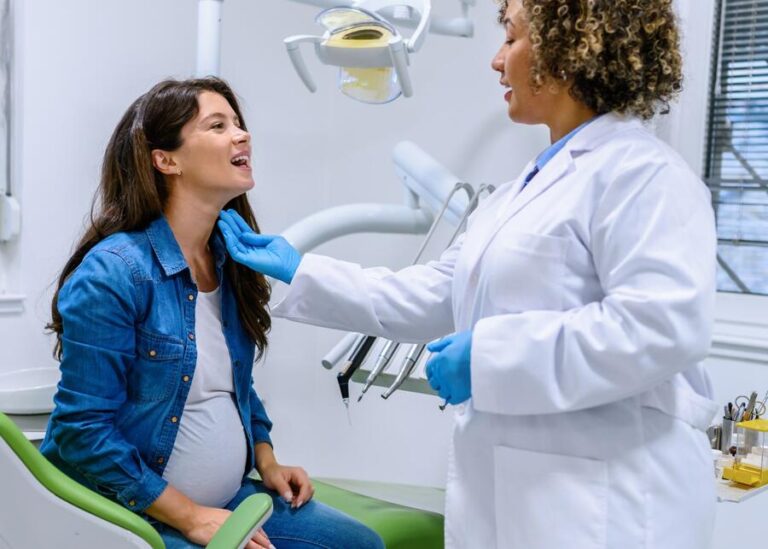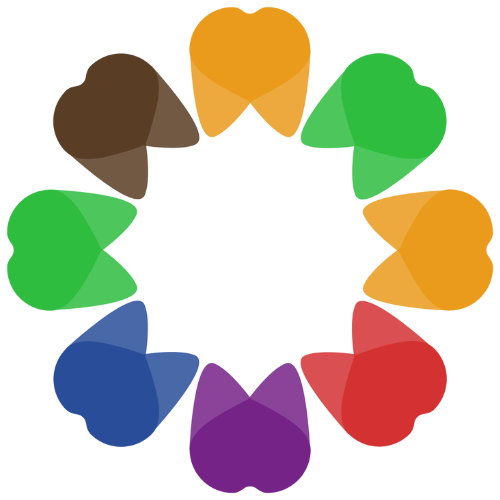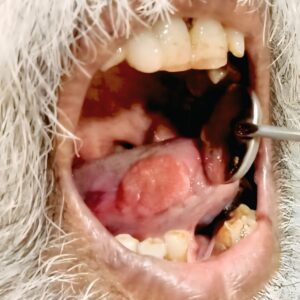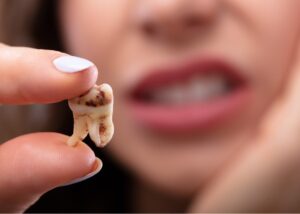
Toothache During Pregnancy: 6 Key Causes and Effective Preventive Measures
Pregnancy is a transformative experience, filled with joy and anticipation, but it can also bring about various physical changes that can affect a woman’s health, including oral health. One of the common complaints among expectant mothers is pregnancy tooth pain, a condition that can arise from various factors related to the pregnancy itself. Understanding the causes of toothache during pregnancy is crucial for expectant mothers to maintain their dental health and overall well-being.

Table of Contents
Cause of Toothache During Pregnancy
1. Morning Sickness and Acid Erosion
Morning sickness is another common experience during pregnancy, affecting many women in the first trimester. Nausea and Vomiting are commonly linked with morning sickness and can have an impact on dental health. When stomach acid is regurgitated into the mouth, it can erode tooth enamel, leading to increased sensitivity and pregnancy tooth pain.
The acidic environment created by vomiting can weaken teeth, making them more vulnerable to decay. Rinsing the mouth with water after vomiting can help neutralize the acid, but it is crucial to avoid brushing immediately afterward. Brushing too soon can further damage the enamel that has been softened by the acid.
2. Hormonal Changes and Their Impact
One of the most significant changes that occur during pregnancy is the surge in hormones, particularly progesterone and estrogen. These hormones play essential roles in supporting the pregnancy but can also have unintended effects on oral health. The increase in blood flow and hormonal activity can lead to inflammation of the gums, known as pregnancy gingivitis which is identify by swollen gums, bleeding gums or redness in gums. The inflammation can cause discomfort and pregnancy tooth pain, which can be mistaken for a toothache.
3. Dietary Changes and Tooth Decay
During pregnancy, many women experience cravings for certain foods, often leading to changes in their diets. While indulging in cravings is common, it can also increase the risk of tooth decay. Munching frequently on sugary foods or consuming acidic foods can cause cavities, which can then lead to pregnancy tooth pain.

Moreover, pregnant women may face challenges in maintaining a balanced diet due to nausea and morning sickness, which can limit their ability to consume healthy foods. This can result in insufficient intake of essential nutrients, including calcium and vitamin D, which are vital for strong teeth and bones. A diet lacking in these nutrients can weaken tooth structure, making them more susceptible to decay and tooth pain.
4. Dry Mouth and Its Consequences
Dry mouth, or xerostomia, is another condition that can occur during pregnancy, often as a result of hormonal changes or dehydration. A decrease in saliva production increase the risk of developing tooth decay and gum disease.
Additionally, the lack of saliva can contribute to an imbalance in the oral microbiome, allowing harmful bacteria to thrive. This can result in inflammation, increased plaque buildup, and ultimately, tooth pain.
5. Dental Issues from Pre-existing Conditions
Pregnancy can exacerbate pre-existing dental issues, making them more pronounced. For women who already have conditions such as cavities, gum disease, or cracked teeth, the physical and hormonal changes of pregnancy can intensify pain and discomfort. For instance, untreated cavities may become more sensitive during pregnancy due to hormonal fluctuations that increase tooth sensitivity.
Furthermore, women with a history of hormonal imbalances or dental problems may be more susceptible to experiencing toothache during pregnancy. Dental check-ups are recommended before planning for pregnancy and throughout the pregnancy itself to prevent dental complications.
6. Stress and Its Role in Oral Health
Pregnancy can be a stressful time, with emotional and physical changes that can take a toll on an expectant mother’s mental well-being. Stress can manifest in various ways, including teeth grinding or clenching (bruxism). This involuntary action can lead to pregnancy tooth pain, sensitivity, and even fractures in the teeth.
Additionally, stress can affect overall health, leading to neglect in self-care practices, including oral hygiene. This neglect can result in increased plaque buildup and a higher risk of cavities and gum disease, ultimately contributing to toothaches.
Preventive Measures for Toothache During Pregnancy

Maintaining good oral health is crucial during pregnancy, not only for the mother but also for the developing baby. Here are some preventive measures that can help minimize the risk of toothaches:
1. Regular Dental Check-ups:
It is essential to schedule dental visits throughout pregnancy. At Sparsh Dental Clinic, we recommend a comprehensive dental examination and cleaning during the first trimester and another in the third trimester. Dental check-ups are recommended before planning for pregnancy and throughout the pregnancy itself to prevent dental complications.
2. Practice Good Oral Hygiene:
Brush your teeth at least twice a day using fluoride toothpaste and floss daily to remove plaque buildup. This routine helps in preventing gum disease and cavities.
3. Balanced Diet:
Eating a well-balanced diet rich in vitamins and minerals supports both maternal and fetal health. Incorporate calcium-rich foods, such as dairy products and leafy greens, to strengthen teeth and bones. Limit sugary snacks and opt for healthier alternatives.
4. Stay Hydrated:
Drinking adequate amount of water helps neutralize acids and wash away food particles. It also helps combat dry mouth, a common issue during pregnancy that can increase the risk of tooth decay.
5. Manage Morning Sickness:
If morning sickness leads to vomiting, rinse your mouth with water and a pinch of baking soda to neutralize stomach acid. Do not brush immediately after vomiting, as this can lead enamel erosion.
Conclusion
Toothaches during pregnancy can be distressing, but with the right knowledge and care, they can often be managed effectively. It is vital to prioritize oral health during this special time, as it plays a significant role in overall well-being.
At Sparsh Dental Clinic in Bilaspur, we are dedicated to providing comprehensive dental care tailored to the unique needs of pregnant women.







